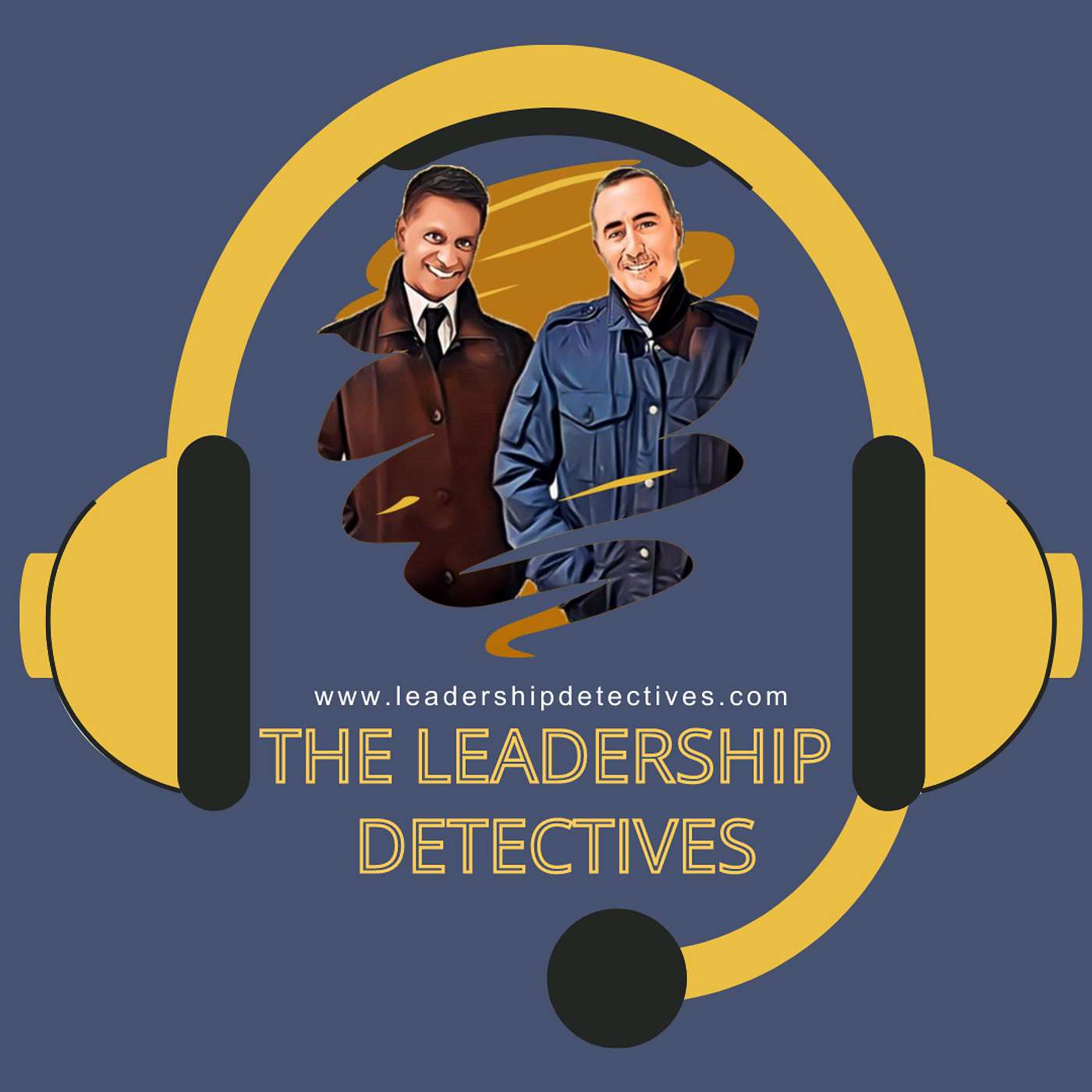 Leadership's Human Side
50:07
Leadership's Human Side
50:07
 Leadership from Within
40:21
Leadership from Within
40:21
 Values-Driven Leadership
51:48
Values-Driven Leadership
51:48
 Leadership Across Company Stages
39:31
Leadership Across Company Stages
39:31
 Leading with Trust and Transparency
45:50
Leading with Trust and Transparency
45:50
 AI for the Time-Starved Leader
41:38
AI for the Time-Starved Leader
41:38
 Lead Like You'd Follow
40:54
Lead Like You'd Follow
40:54
 Leading Through Listening
47:44
Leading Through Listening
47:44
 Feedback: Your Leadership Compass
31:40
Feedback: Your Leadership Compass
31:40
 Leading Through the Storm: Navigating Restructuring as a Leader
33:11
Leading Through the Storm: Navigating Restructuring as a Leader
33:11
 Trust: The Hidden Force Behind Great Teams
35:08
Trust: The Hidden Force Behind Great Teams
35:08
 Navigating Toxic Leadership: Strategies for Resilience
37:08
Navigating Toxic Leadership: Strategies for Resilience
37:08
 Navigating Uncertainty: Leadership Challenges in 2025
29:43
Navigating Uncertainty: Leadership Challenges in 2025
29:43
 Does Effective Leadership Depend on Effective Listening?
25:03
Does Effective Leadership Depend on Effective Listening?
25:03
 Leadership in the Military & Transitioning to the Corporate World
45:09
Leadership in the Military & Transitioning to the Corporate World
45:09
 Matrix Management: Leading Teams That Don't Work For You
25:13
Matrix Management: Leading Teams That Don't Work For You
25:13
 Leadership Insights From ex-Rugby Legend, Harvey Thorneycroft
45:23
Leadership Insights From ex-Rugby Legend, Harvey Thorneycroft
45:23
 The Importance Of Gratitude As A Leadership Trait
24:28
The Importance Of Gratitude As A Leadership Trait
24:28
 You Are Never Too Small To Make A Difference
46:02
You Are Never Too Small To Make A Difference
46:02
 5 Things We Have Learned From 50 Episodes On Being a Great Leader
19:16
5 Things We Have Learned From 50 Episodes On Being a Great Leader
19:16
 Special Anniversary Episode: Celebrating the First Year of the Podcast
23:56
Special Anniversary Episode: Celebrating the First Year of the Podcast
23:56
 Why 'VUCA' can be so Effective in the Modern World of Business?
42:45
Why 'VUCA' can be so Effective in the Modern World of Business?
42:45
 Why Leaders Needs to Encourage Their Teams to Fail!
22:15
Why Leaders Needs to Encourage Their Teams to Fail!
22:15
 How to Be Calm Under Pressure: Leadership Lessons From a Bomb Disposal Expert with Chris Hunter QGM
40:46
How to Be Calm Under Pressure: Leadership Lessons From a Bomb Disposal Expert with Chris Hunter QGM
40:46
 How to Cultivate Authentic Leadership in the Modern World?
21:51
How to Cultivate Authentic Leadership in the Modern World?
21:51
